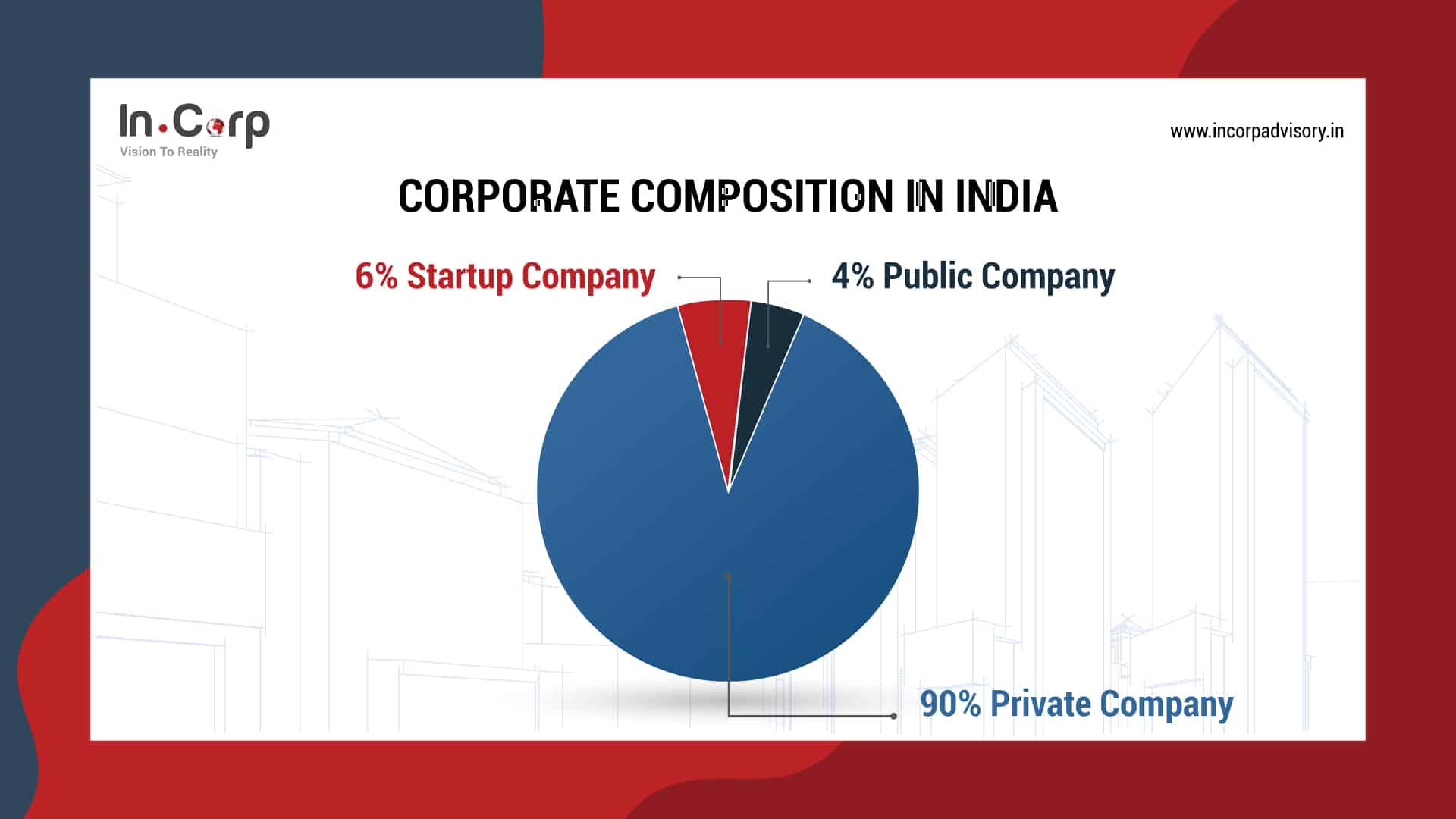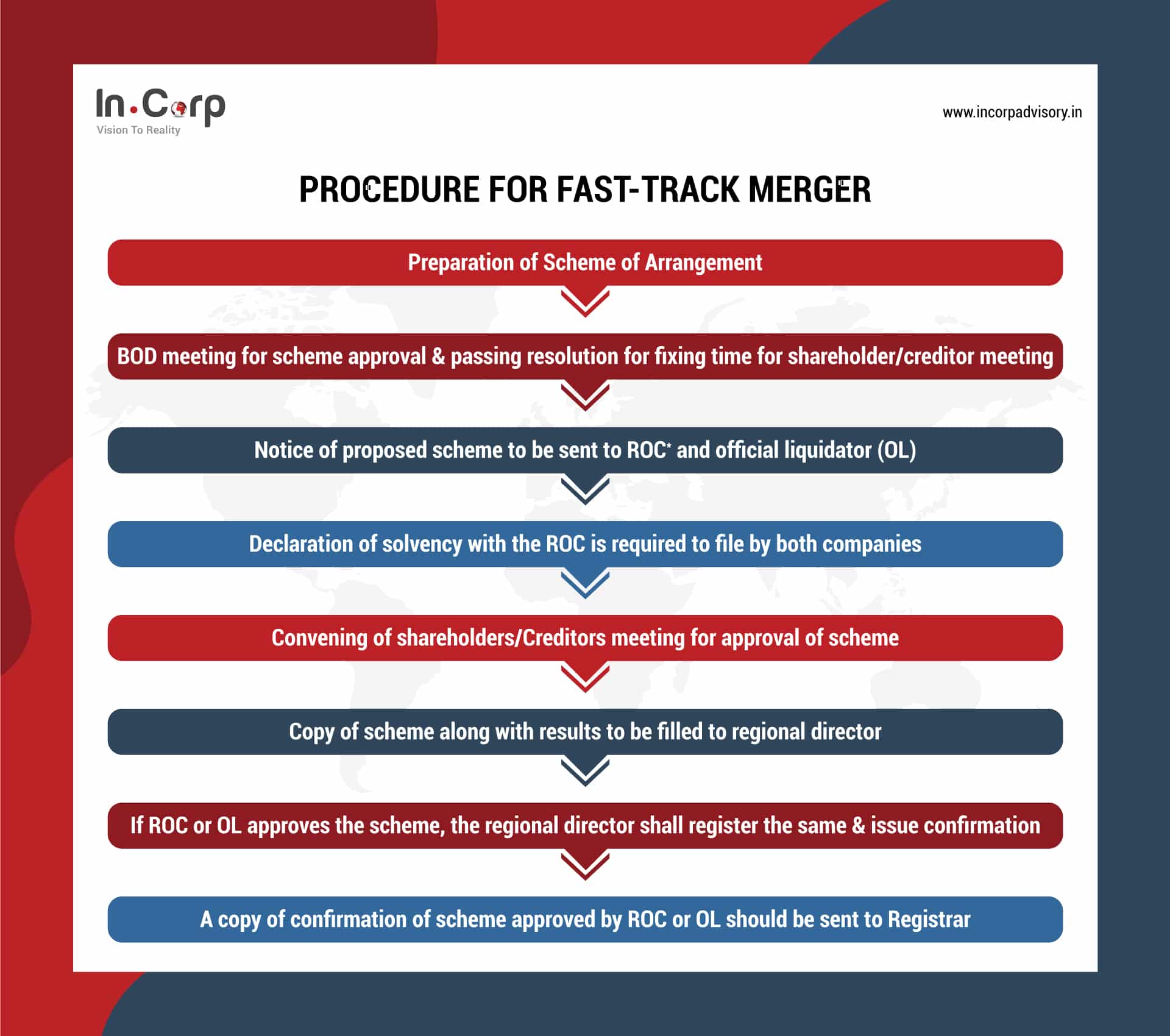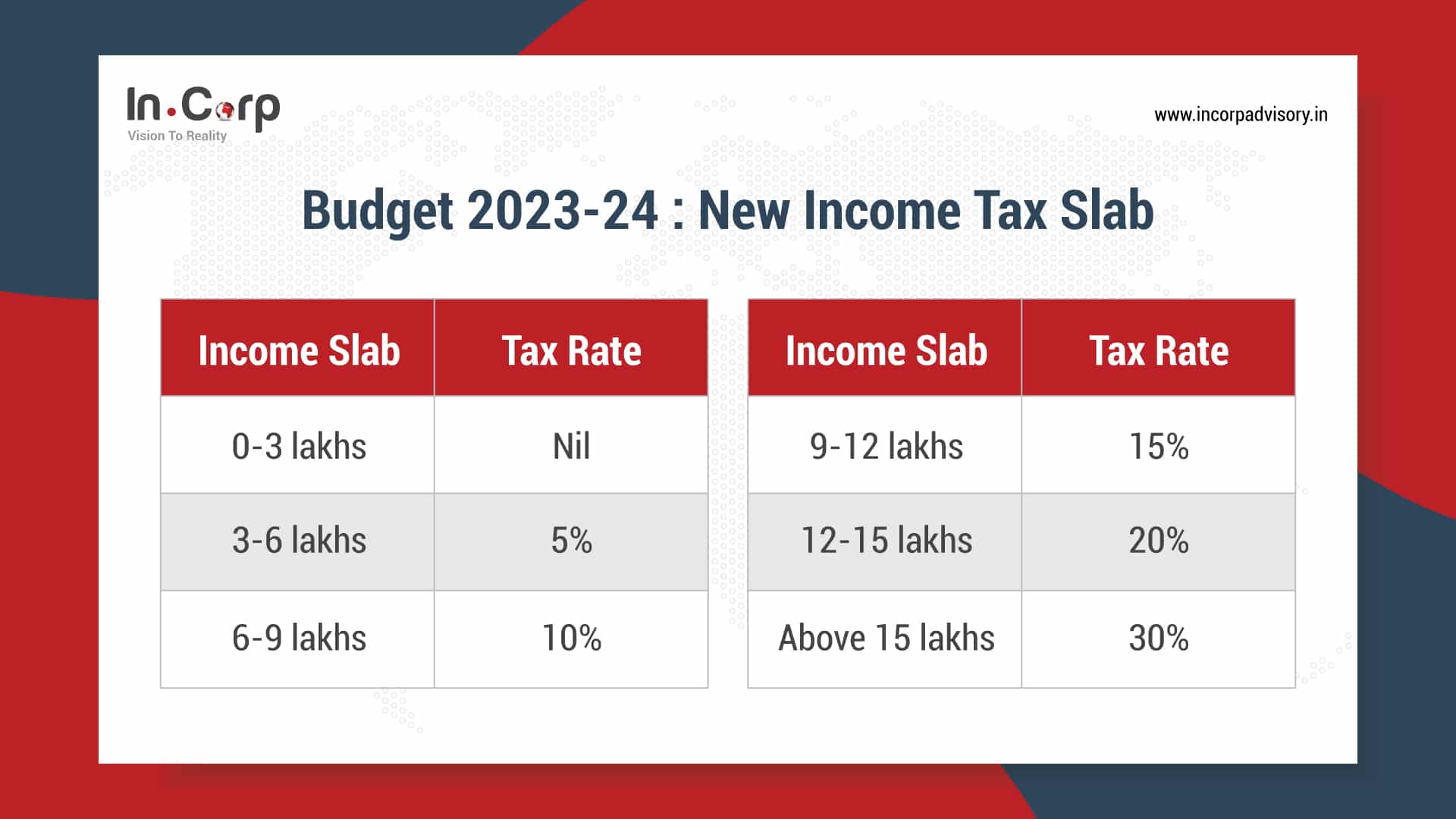In this blog, we will try to understand the recent announcements made by Reserve Bank of India to withdraw the Rs. 2000 banknote, how it is different from the Demonetization announced in 2016, what are the expected benefits to the economy and actions which every citizen of the country who has Cash in the denomination of Rs. 2000. We will also see the implications and repercussions of such action under Income Tax Laws.
Table Of Contents
Summary Of What Has Been Announced
What Is Different As Compared To Demonetization Announced In 2016?
What Are The Expected Benefits From This Move Of Withdrawal Of Bank Note Of Rs. 2000?
What You Should Do If You Have Bank Notes Of Rs.2000?
Our Experience From The Past And Implications Under Income Tax Act
Summary of What has been announced:
- The Denomination of Rs. 2000 introduced in November 2016 has been proposed to be withdrawn from circulation and time limit up to 30thSeptember 2016 has been given to the people to deposit the same with Banks.
- Any Person can deposit these notes in the Banks without any limit, however for exchange of Notes from Banks a limit of Rs. 20,000 has been kept by RBI that too can be done with any Bank even if one does not have an account with such Branch.
- We are all aware that in 2016 the timeline was given from 8th November 2016 to 31stDecember 2016. However, a longer period is given this time around i.e., from 23rd May 2023 to 30th September 2023.
- The Banknotes of Rs. 2000 can be used for all the Transactions as it is a Legal Tender at least till 30thSeptember 2023. There is no clarity in the announcement as to what shall happen with the Bank Notes of Rs. 2,000 post 30th September 2023.
- It is interesting to note that Printing of these notes stopped in 2018-19 itself and only 10.8% of Rs. 2000 Bank notes are in circulation as on 31st March 2023.
- Further, RBI has directed all Banks to stop issuing Bank Notes of Rs. 2000 Denomination with immediate effect.
What is Different as compared to Demonetization announced in 2016?
- As per Announcement made by RBI, the objective is to maintain the Clean Note Policy and since more than 4-5 years have elapsed since the issuance of the same, they are proposed to be withdrawn.
- In 2016, when the Banknotes of Rs. 500 and Rs. 1000 were proposed to be withdrawn these notes were in existence for many years and hence had a far bigger impact than in the current case wherein the Bank Notes were introduced around six and a half years ago.
- Further, when the announcement was made it came as a shock to people at large as something of this sort was unheard-off. Whereas, during this time since printing of Banknotes of Rs. 2000 were stopped by RBI, the announcement was somewhere expected by people at large.
- Further, learning from the past operational convenience was something which was kept in mind and hence a longer period as compared to past has been kept, even though only 10.8% of notes were under circulation.
What are the Expected Benefits from this move of Withdrawal of Bank Note of Rs. 2000?
- With most of the Bank Notes getting deposited with Banks, the amount of Liquidity available in the system is expected to improve and with it a reduction in Interest rates.
- Further, another benefit that is expected is that unaccounted money would also come into the system, since the Bank Note is proposed to be withdrawn. Even though the impact would be lower as compared to previous instance in 2016.
What you Should do if you have Bank Notes of Rs. 2000?
- As mentioned earlier that, it continues to be Legal Tender and hence can be used for conducting all Transactions and hence one is encouraged to Spend in Cash Denomination of Rs. 2000. One must try to do this prior to September 2023.
- Alternatively, the Bank Notes are allowed to be exchanged with any Banks with a limit of Rs. 20,000 applicable for exchange at one point in time. However, this can be done multiple times with multiple Banks as there is no express bar on the same.
- Lastly, there is no limit with respect to depositing the said amount in Cash in the Bank Account of the Individual. However, it comes with its own risks under Income Tax Laws.
Our Experience from the past and Implications Under Income Tax Act.
A. Reporting by Banks and Post Offices of Cash Deposits made by Account Holders or Cash Payments of Credit Card
- One can deposit Cash in his Bank account without any limit, however Banks are liable to report the Cash Deposits made in Excess of Rs. 10 Lakhs in case of Savings account and Rs. 50 Lakhs in the case of Current Accounts.
- Further, if Credit Card Payment is made in Cash in excess of Rs. 1 Lakh then the same is also liable to be reported by Banks.
- In a case, where the Deposits or withdrawal is not in line with the past operations of the account, then it can attract an eye of the Income Tax Authorities, once the same is reported by Banks.
- This information can then be used by Tax Authorities to issue Notices to the Individuals where the transactions don’t seem to be in line with past practices or are unusual.
Implications
- Tax Authorities usually make additions in such cases and Tax is charged at the rate of 60% of such amounts which remain unexplained.
- In addition to the Tax, Surcharge is Levied at 25% of the Tax as computed above.
- In addition to the Tax and Surcharge as computed above, Cess @ 4% shall be applicable. Thus, Income Tax implication of 78% would get attracted on such addition.
- Additionally, penalty @ 10% of the Tax payable may also be levied by the Tax Authorities.
B. Using Cash to Make Payments in course of Usual Transactions
- Where Cash Payments are made in Excess of Rs. 2 Lakhs to a single person in a single day for a single transaction then the recipient is liable to pay penalty of the entire amount where the amount received is in excess of Rs. 2 Lakhs.
- Further, in case the payments are being made by a person who intends to claim it as a business expense, then he cannot make payment in excess of Rs. 10,000 to a single person in a single day.
- Further, if a person is liable for Audit under Income Tax, he is also liable to report to Income Tax Authorities in case, if he receives any amount in cash in excess of Rs. 2 Lakhs on account of Sale of Goods or services.
Implications
- Recipient is liable to pay a penalty of the Entire Amount where cash has been accepted exceeding the limit of Rs. 2 Lakhs.
- With regards to incurring expense in Cash in excess of Rs. 10,000 the said amount is disallowed and not considered as an Expense while computing Income from Business and Profession.
- Lastly, based on information received by Tax Authorities, they can issue Notices and make assessments in the hands of such persons.


